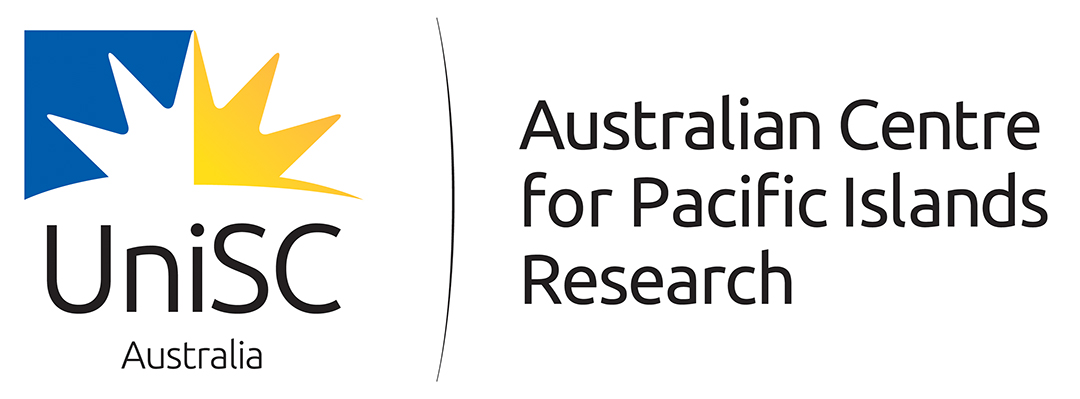Senior Lecturer, Nutrition & Dietetics, School of Health and Behavioural Sciences
Dr Sarah Burkhart is a Senior Lecturer in Nutrition and Dietetics in the School of Health and Behavioural Sciences, and the Australian Centre for Pacific Islands Research at UniSC. Sarah’s research uses a food systems lens to explore food security and food choice in the Pacific Islands. Working with Pacific partners, academics and stakeholders, Sarah is interested in nutrition education and food provision in Pacific Island school settings and understanding determinants of food security across Pacific Island food systems, with a focus on food environments and consumer behaviour/food choice.
Sarah is currently leading projects that aim to develop a food and nutrition resource toolkit for Pacific Island teachers, to develop an Overview of Food and Nutrition Security in the Pacific Islands Report, and to adapt a NOVA screener for use in the Pacific Islands. She is also part of a team scoping the potential for local agriculture in food provision in Pacific Island schools. Other current and recent projects have focused on the role of diets, food systems and policy in the prevention of obesity and non-communicable diseases in Fiji, the current state and capacity for school food and nutrition education programmes across 14 Pacific Island countries, food environments in Samoa, nutrition impacts of climate change in Fiji, the impact of Covid-19 on food systems and food choice, dietary assessment methods and food literacy in the Pacific Islands region.
Sarah is a co-founder and current chair of the Pacific School Food Network, a group that advocates for and supports school food activities throughout the Pacific Islands region to eliminate hunger and improve food security.
Sarah teaches into several courses across the Bachelor of Nutrition and the Bachelor of Dietetics, with a focus on improving the student experience and readiness for practice using blended learning and the flipped classroom approach. Sarah’s scholarship of learning and teaching interests include the integration of a food systems approach and sustainability within Nutrition and Dietetic curricula, the use of blended learning strategies and the flipped classroom approach. Sarah is also an advocate for involving students in overseas learning and research experiences and has travelled with, and supervised UniSC students undertaking projects in Samoa and the Solomon Islands.
Sarah is a Registered Nutritionist with the Nutrition Society of Australia (NSA). She is also a member of the Society for Nutrition Education and Behavior (SNEB) and is currently Chair for the SNEB Division for International Nutrition Education and Chair-elect for the SNEB Sustainable Food Systems Division.
Yes, would depend on workload at the time.
Topics of interest:
School food and nutrition environments in the Pacific Islands
Food environments in the Pacific Islands
Food choice in the Pacific Islands
Currently or have recently collaborated on research that includes; Cook Islands, Fiji, FSM, Kiribati, Palau, Marshall Islands, Niue, Nauru, Samoa, Solomon Islands, Tokelau, Tonga, Tuvalu, Vanuatu.
Collaborating partners include FAO-UN, SPC, Ministries of Education/Health/Agriculture, Global Child Nutrition Foundation, National and Regional Universities, Pacific School Food Network, DFAT, The Alliance for Bioversity International and CIAT.

